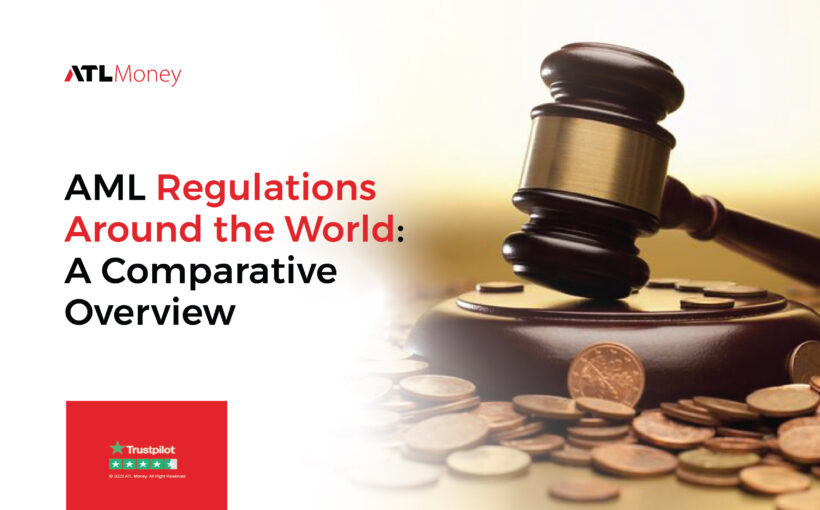When it comes to Anti-Money Laundering (AML), the regulatory landscape varies across different countries. AML regulations serve as a bulwark against illicit financial activities, ensuring the integrity of financial systems worldwide. Understanding these regulations is crucial for individuals and businesses engaged in international financial transactions.
In this comparative overview, we delve into the AML regulations around the world to understand the varying approaches taken by different countries in tackling the menace of money laundering.
United States
In the United States, the Bank Secrecy Act (BSA) forms the foundation of AML regulations. Financial institutions are required to maintain various compliance programs and report any suspicious activities. Sending money abroad from the US involves adherence to these regulations, ensuring transparency and preventing illicit financial activities.
Send money from The US to Africa or anywhere with ATLMoney now.
United Kingdom
The United Kingdom operates under stringent AML regulations overseen by the Financial Conduct Authority (FCA) and other regulatory bodies. Organizations engaged in money remittance must adhere to these regulations, including customer due diligence, risk assessments, and reporting obligations. This promotes integrity and accountability in cross-border financial transactions.
Send money from The UK anywhere with ATLMoney now.
European Union
The European Union, through directives and regulations, has established a comprehensive framework for AML compliance. This includes the Fourth and Fifth Anti-Money Laundering Directives, which impose strict obligations on member states and financial institutions to combat money laundering and terrorist financing. These regulations significantly impact the process of sending money abroad within the EU.
Send money abroad with ATLMoney now.
Conclusion
This comparative overview of AML regulations worldwide reveals the shared commitment of countries to safeguard their financial systems. They play a vital role in promoting the legitimacy and security of international financial transactions.
While specific approaches may vary, the core principles of due diligence, risk assessment, and reporting of suspicious activities remain constant. As individuals engaging in international financial transactions, it is crucial to be aware of and adhere to these regulations.
By understanding and adhering to these regulations, individuals and businesses can ensure a responsible and transparent approach to sending money abroad, contributing to the global effort to combat financial crime and safeguard the integrity of cross-border remittances.
Easily send money abroad with ATLMoney – your trusted partner for safe and efficient international money transfers!
